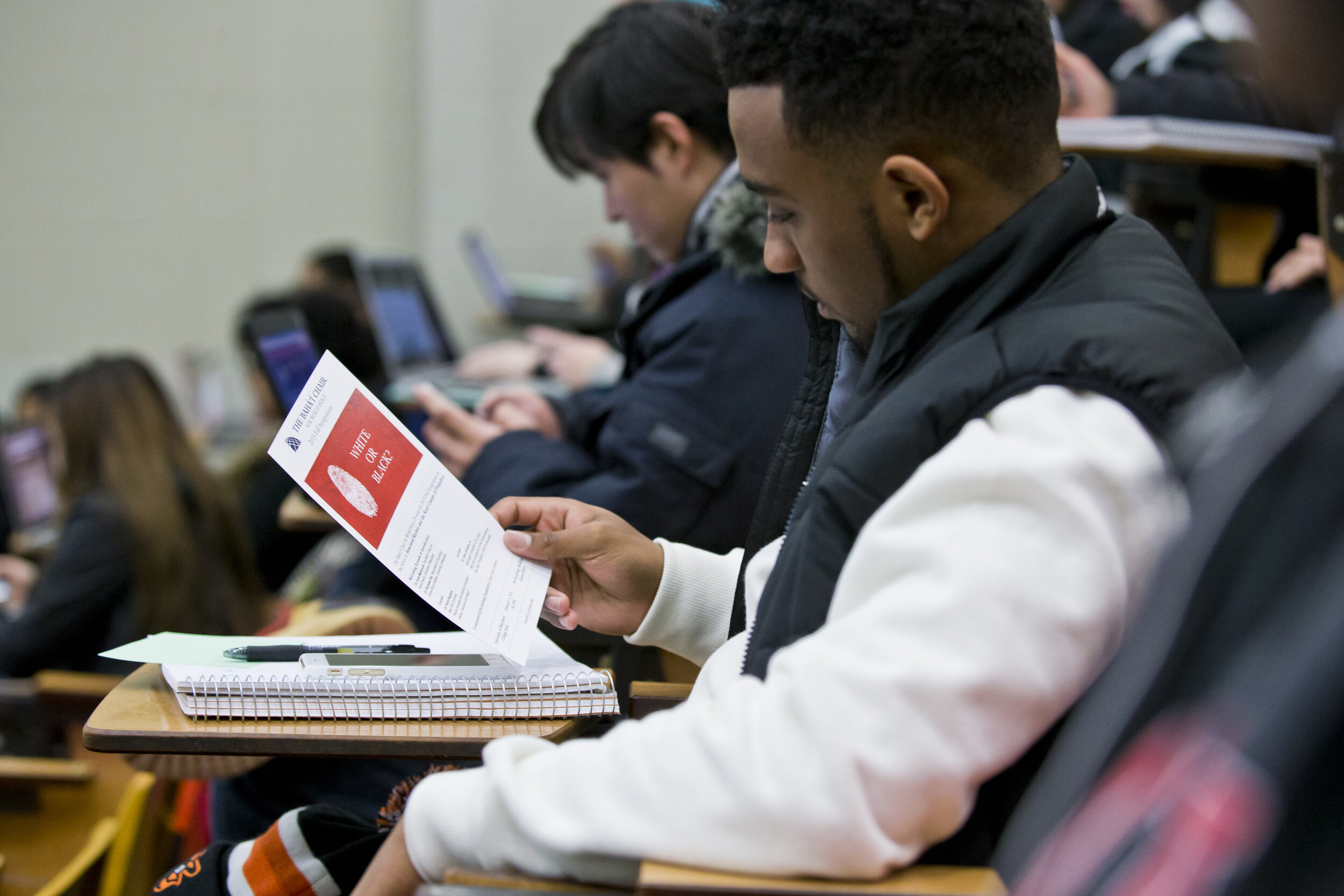
Overview
The Bahá’í Chair for World Peace at the University of Maryland is an endowed academic program that advances interdisciplinary examination and discourse on global peace. While drawing certain initial insights from religion, the program aims to develop a sound scientific basis for knowledge and strategies that lead to the creation of a better world. Viewing humanity as a collective and organic whole, the Chair’s incumbent, Professor Hoda Mahmoudi, and the program’s faculty explore the role that social actors and structures play in removing obstacles and creating paths to peace. Central to this focus is creating a body of rigorously derived and tested knowledge that can be applied to foster the emergence of a just, secure, and sustainable international order, one that addresses the social, material, and spiritual progress of the global community.
Through an active program of research and publication, the Bahá’í Chair and its affiliated faculty collaborate with a wide range of scholars, researchers, and practitioners. Professor Mahmoudi recognizes the value of a broad concept of peacemaking—which she refers to as a “worldview approach”—that addresses the many underlying issues involved and employs perspectives from diverse cultures. In particular, the Bahá’í Chair is committed to forging international research partnerships that significantly expand and enrich the prevailing, Western-oriented model of peace education.
Our approach is based on an understanding that the complex topic of peace calls for a comprehensive approach and intervention. Pursuing an interdisciplinary approach, the Bahá’í Chair draws upon a scientific basis of knowledge in order to advance initiatives toward structuring a more peaceful world. This point of view considers peace as more than the elimination conflict and war or the prohibition of the weapons and methods of war.
World peace is no longer examined as one part of the whole. At the center of this examination of peace is the recognition of the awareness of humanity as a single unit: a complex and highly interconnected web comprised of all the peoples of the world. The Bahá’í Chair believes that peace is best understood when examined as an all-embracing, holistic, and inclusive single planetary process. This approach is referred to as an integrative approach to peace. A process that takes into consideration and draws insights from shared human values—ethical and moral considerations that are the foundation for an education for peace.
The Bahá’í Chair promotes the vision for world peace through an intensive learning process focused on five central themes:
A core purpose of the Bahá’í Chair’s teaching and outreach is to encourage students to cultivate critical thinking skills, which lead to understandings about the complex nature of social change in the creation of a more peaceful world. Within this broad educational objective, students develop a set of values—including the importance of service to others—that are the basis of lifelong engagement in framing public policy in areas such as the social and behavioral sciences, science and technology, and the arts and humanities. Such values can also guide students in their international and civic life.
“The foundation is one common humanity that is interconnected like a spiderweb.”
The Bahá’í Chair was established in 1993 to study major issues of world peace as presented in The Promise of World Peace, the statement of The Universal House of Justice. Since its founding, the Chair has generated knowledge that promotes the interests and well-being of humanity.








